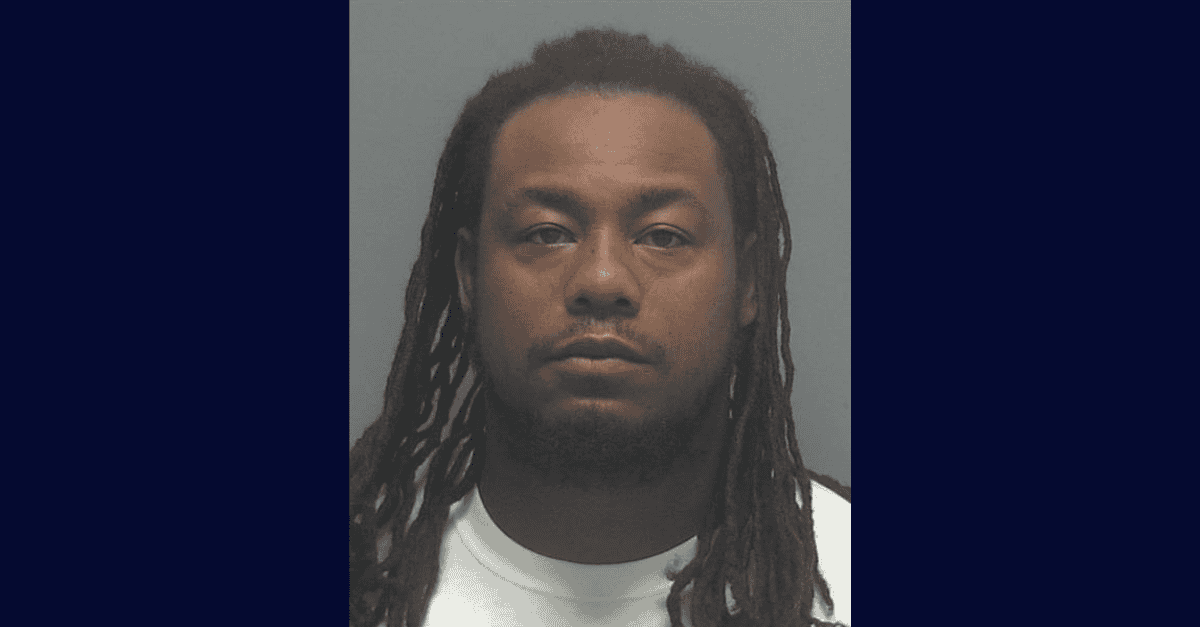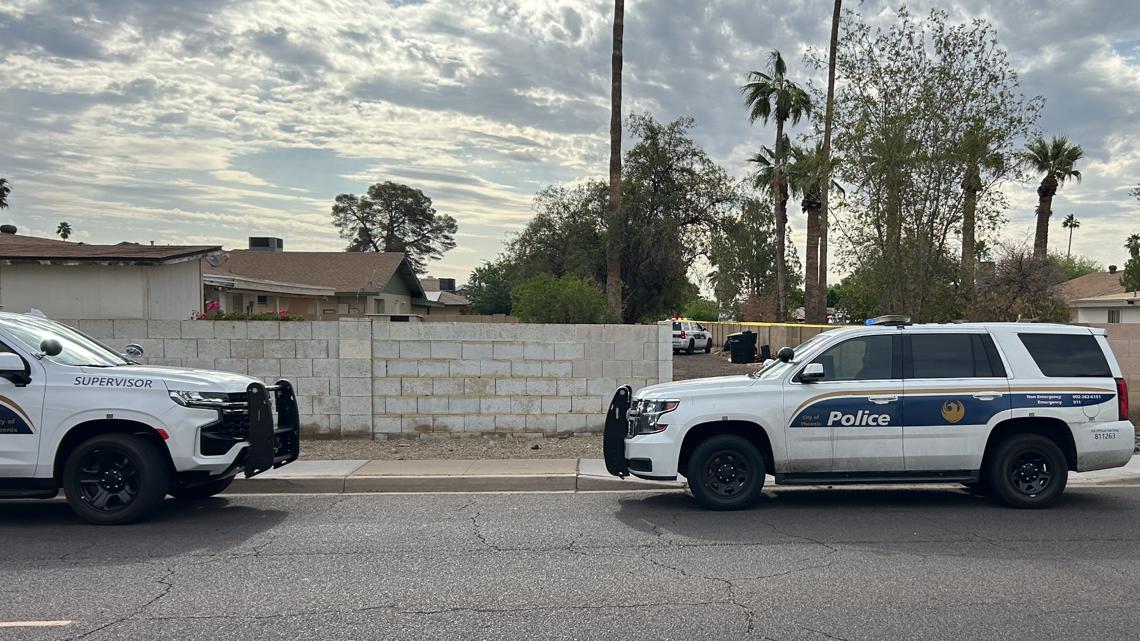A former collegiate football player from Florida was sentenced to 25 years in jail for murdering his girlfriend. Earl Antonio Joiner, 37, was previously charged with murdering Heyzel Obando, 26, in front of one of their young daughters, according to the probable cause affidavit.

According to one specialist who questioned the daughters after their mother died, her “impression was that [redacted] may have witnessed her mother’s murder.”
One of the young kids told the pediatric nurse who examined her, “Poppy shot Mommy.” “Mommy’s blood.”
“She was asked if her mommy talked or said any words after that,” according to the affidavit. “She said, ‘No.'”
Samantha Syoen, Communications Director at the Office of the State Attorney in the 20th Judicial Circuit, informed Law&Crime that Joiner was found guilty of second-degree murder on Monday. Prosecutors revealed last month that both parties had reached a plea agreement.
Joiner was a former captain and safety for the University of Florida football team, the Florida Gators, from 2004 to 2007, serving as a team captain his senior year and playing under head coach Urban Meyer. Joiner was a senior teammate of future Patriots tight end Aaron Hernandez, who was convicted in one murder and acquitted in another.
READ ALSO: California Woman Allegedly Pointed Pellet Gun At Crowds, Leading To Officer-Involved Shooting
According to investigators, Joiner subjected Obando, his girlfriend and the mother of his two girls, to years of physical violence.
According to those who knew the pair, the two had a tumultuous relationship distinguished by Joiner’s violent temper.
Joiner was a former captain and safety for the University of Florida football team, the Florida Gators, from 2004 to 2007, serving as a team captain his senior year and playing under head coach Urban Meyer. Joiner was a senior teammate of future Patriots tight end Aaron Hernandez, who was convicted in one murder and acquitted in another.
According to investigators, Joiner subjected Obando, his girlfriend and the mother of his two girls, to years of physical violence.
According to those who knew the pair, the two had a tumultuous relationship distinguished by Joiner’s violent temper.
In one incident, he allegedly threatened, “One day, I’m going to kill you,” according to the affidavit.
This abuse regrettably resulted in a fatal incident in mid-February of 2016.
Joiner called 911 on Valentine’s Day, claiming to have seen Obando covered in blood, according to the probable cause affidavit. According to the affidavit, police officers discovered Joiner appearing to perform CPR on Obando, but his efforts were “futile because [Obando] was very obviously dead and had been dead for quite some time.” One officer described Joiner’s behavior at the scene as “bizarre and not what he would have expected from a person who had just discovered a deceased loved one.” The officer reportedly described Joiner as “cold and emotionless” and “completely silent” while sitting in a patrol cruiser for many hours as the crime scene was examined.
“Joiner was sitting on the curb and did not appear to be distressed or emotional about [Obando’s] death, nor did he appear to be attempting to console his children,” the affidavit said.
According to the affidavit, he didn’t ask any inquiries regarding what happened to Obando. According to one witness who talked with investigators, Joiner stayed with him after Obando died but “did not seem very upset” about it, nor did he attend her funeral. The affidavit later states that Joiner stated that he did not attend the funeral because he was not informed about it.
Another officer on the scene observed Joiner leaving his daughters — Obando’s children — in a running car in a parking lot. According to the affidavit, Joiner informed officers that he left the girls in the car so that he could enlist Obando’s assistance in moving them into the apartment while the youngest was sleeping.
Until 2019, there had been no arrests in the case.
“Early in the case, there was not enough evidence to make an arrest,” Syoen explained on Monday. “Phone records obtained from the defendant’s cellphone were a major source of evidence.” As further details about the crime emerged, an arrest warrant was issued for Joiner.”




